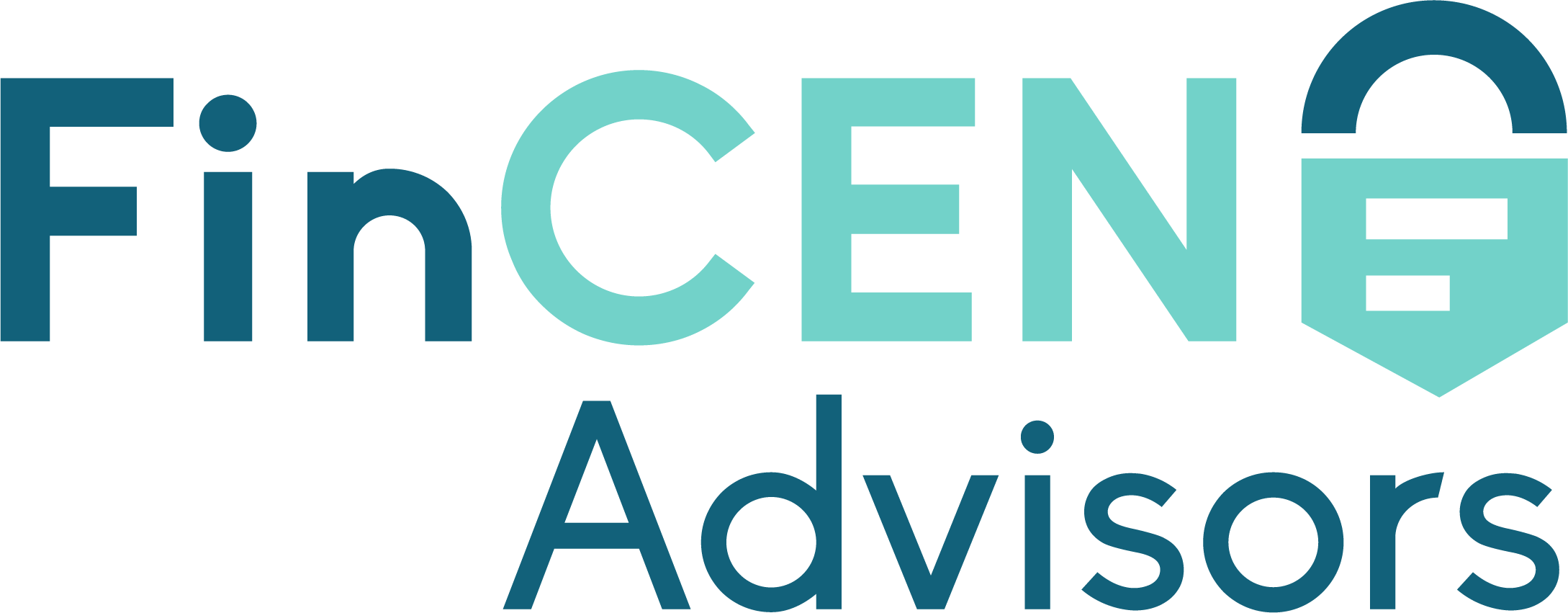Navigating the Corporate Transparency Act and FinCEN’s regulations can be complex. We’ve compiled a comprehensive FAQ to provide you with clear, direct answers to your most pressing questions, ensuring you have the knowledge to maintain compliance confidently.
| Securities reporting issuer | Governmental authority | Bank |
| Credit union | Depository institution holding company | Money services business |
| Broker or dealer in securities | Securities exchange or clearing agency | Other Exchange Act registered entity |
| Investment company or investment adviser | Venture capital fund adviser | Insurance company |
| State-licensed insurance producer | Commodity Exchange Act registered entity | Accounting firm |
| Public utility | Financial market utility | Pooled investment vehicle |
| Tax-exempt entity | Entity assisting a tax-exempt entity | Large operating company |
| Subsidiary of certain exempt entities | Inactive entity |
Beneficial Owners: Entities must identify their beneficial owners, defined as individuals who either own 25% or more of the equity interests of the entity or exercise substantial control over the entity.
25% Ownership: The 25% ownership criterion for Beneficial Ownership Information (BOI) reporting refers to individuals who directly or indirectly own at least a 25% equity interest in a company or legal entity. This includes any form of equity, such as shares, capital, or profits.
Substantial Control: “Substantial control” in the context of Beneficial Ownership Information (BOI) refers to the authority to make significant decisions affecting the entity, regardless of equity ownership. This could include senior officers, executives, or anyone else who has significant influence over the company’s operations, policies, or financial transactions.
To qualify as a “large operating company” and be exempt from the Beneficial Ownership Information (BOI) reporting requirements, an entity must meet all of the following criteria:
Under the Corporate Transparency Act (CTA), the following entities are generally required to report beneficial ownership information to the Financial Crimes Enforcement Network (FinCEN):
The CTA aims to cover entities that might otherwise be used to conceal ownership and control to facilitate illicit activities. Entities need to review the CTA’s provisions or consult with legal counsel to determine whether they are subject to the reporting requirements or if they qualify for any exemptions.
For beneficial ownership reporting under the Corporate Transparency Act (CTA), the required information typically includes:
This information helps authorities understand who ultimately owns, controls, or benefits from a company and can be crucial in efforts to combat financial crimes like money laundering and terrorist financing.
Under the Corporate Transparency Act (CTA), a “beneficial owner” is defined as an individual who, either directly or indirectly, meets one or both of the following criteria:
The definition is designed to identify individuals who have the authority to exert significant influence over a company or who hold a substantial ownership stake in it.

Navigating financial regulations can be challenging. Reach out to FinCEN Advisors today to discover how we can help you comply with FinCEN and CTA requirements with ease. Our team of experts is ready to provide you with personalized assistance and solutions tailored to your business’s needs. Click here to get started on your path to straightforward and stress-free compliance.





Join thousands of businesses that trust and utilize our services.




Join thousands of businesses that trust and utilize our services.